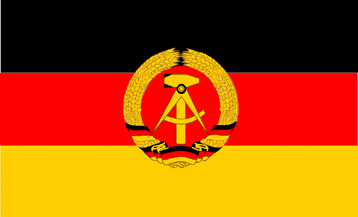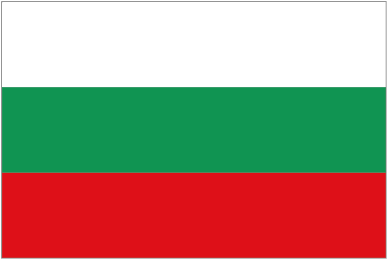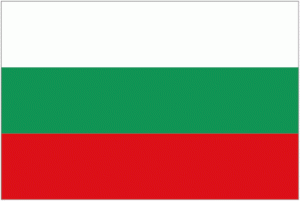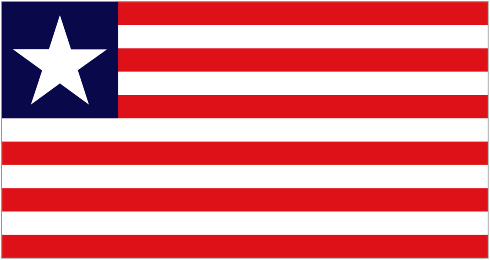May 14
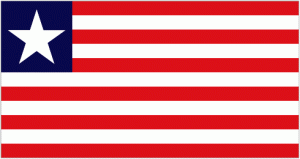
We here in the United States get cranky at our politicians for the slightest misstep, like plunging our country into bankruptcy or sending our children into misguided opportunistic wars.
Yet our stalwart Liberian cousins put up with 14 years of civil war before finally giving their leaders the boot in 2005. The rallying cry of the president to-be?
“All the men have failed Liberia. Let’s try a woman this time!”
In November 2005 the Liberians elected Ellen Johnson Sirleaf to the highest office in the country, becoming Africa’s first elected woman head of state.
President Sirleaf declared:
“My administration shall thus endeavor to give Liberian women prominence in all affairs of our country…. We will also try to provide economic programs that enable Liberian women — particuarly our market women — to assume their proper place in our economic process.”
Americans may not know it, but the U.S. has played a pivotal role in Liberian history over the past two centuries, unparalleled in transAtlantic history. Back in 1817 the American Colonization Society purchased land in on the West African coast to emigrate freed African-American men, women and children. The motives for doing so were as different as the Society’s members, which included abolitionists and slave owners. Some saw emigration as the road to freedom for African Americans; others saw it as an alternative to integration in order to maintain a homogenous white state.
According to From Plantation to Ghetto:
“In the main, free blacks were suspicious of the motives of the American Colonization Society and strongly opposed it.”
Over 3,000 free blacks met in Philadelphia to protest the Society in the year of its founding.
However, over the next 40 years the well-funded ACS “repatriated” 13,000 African Americans to live in Liberia.
The Society’s involvement in Liberia lessened after 1847 when the Americo-Liberians (those who emigrated from the U.S.) declared Liberia an independent nation. Americo-Liberians modeled Liberia after the U.S. in a number of ways. The name Liberia itself means “Land of the Free.” Its capital is Monrovia, named for President James Monroe. Its flag, government and constitution are modeled on that of the U.S. It became the first African republic in 1847, though the U.S. didn’t recognize its independence until 1862.
Liberia received monetary support from the United States over the years. Despite the fact that Americo-Liberians constituted a small minority of the population, the “Americans” as they were called, controlled the government and dominated the African population for the next 150 years.
“That is, because they were not regarded as citizens in in America, they too, did not recognize the indigenous inhabitants as citizens of the new Republic.” — Unification and Integration in Retrospect – Sehgran K. Gomah
In fact, as late as the 1930’s, the League of Nations censured the Liberian government for the forced labor of its indigenous population. Even after the abolishment of forced labor, indigenous Liberians remained disenfranchised second-class citizens until 1951. President William V.S. Tubman was a major proponent of integration and unification during his 28 years as President (1943-1971). Under his leadership, the government declared May 14 National Unification Day (during the 1959/1960 legislative session) to celebrate the integration of American and indigenous Liberians.
President Sirleaf reinvigorated National Unification (and Integration) Day in 2007, calling on Liberians work together to heal the wounds of a decade and a half of civil war.
“In November 2005, Liberian women strapped their babies on their backs and flocked to voting tables all across their war-racked country to elect Ellen Johnson Sirleaf as Africa’s first female president. It was a seminal moment in the political history of not just Liberia but the entire continent, where patriarchal rule has long dominated, leaving African women on the sidelines to fetch water, carry logs, tend farms, sell market wares and bear the children of their rapists, while their menfolk launched one pointless war after another.”
Madame President, NY Times, by Helene Cooper, May 15, 2009
The Liberian Civil War of the 1990’s and 2000’s took nearly 300,000 lives.



